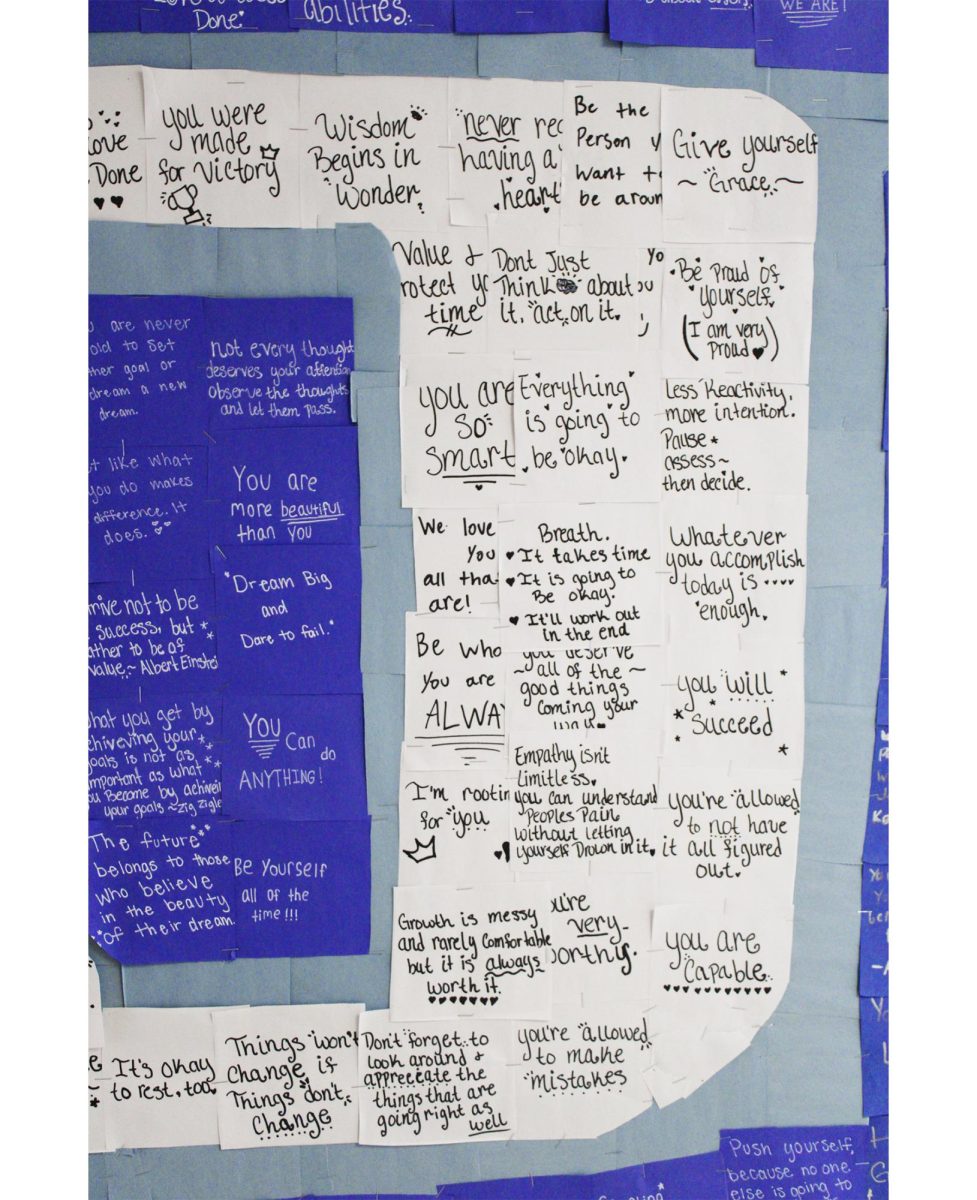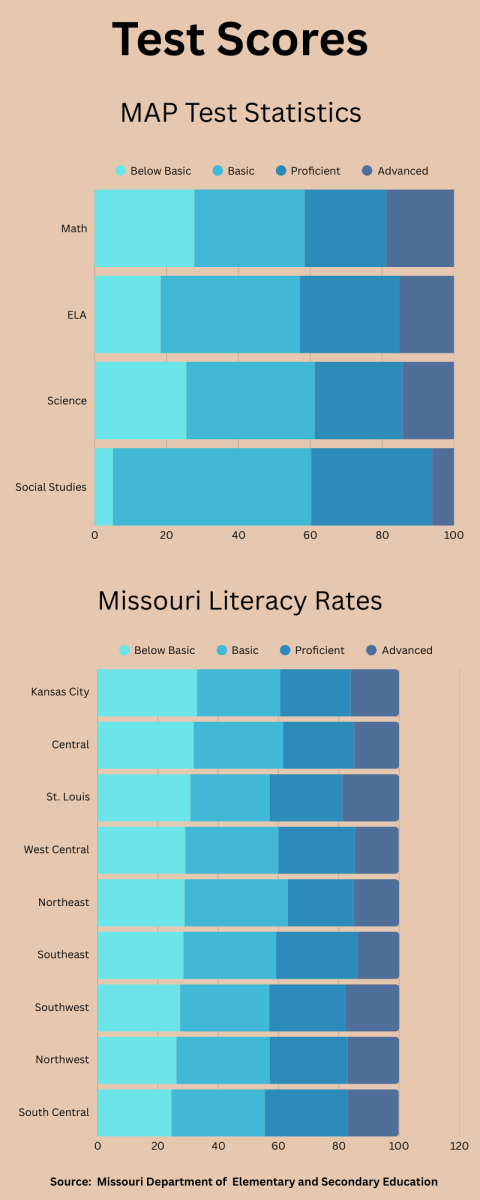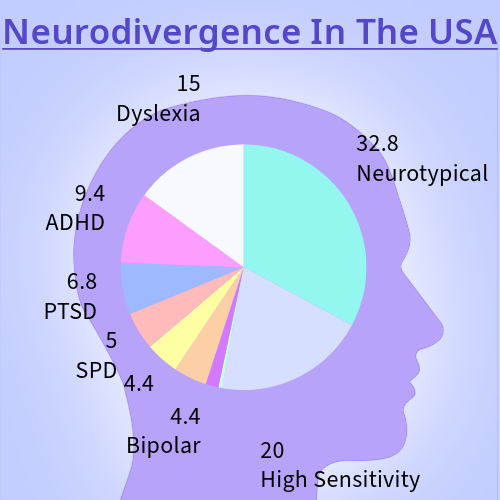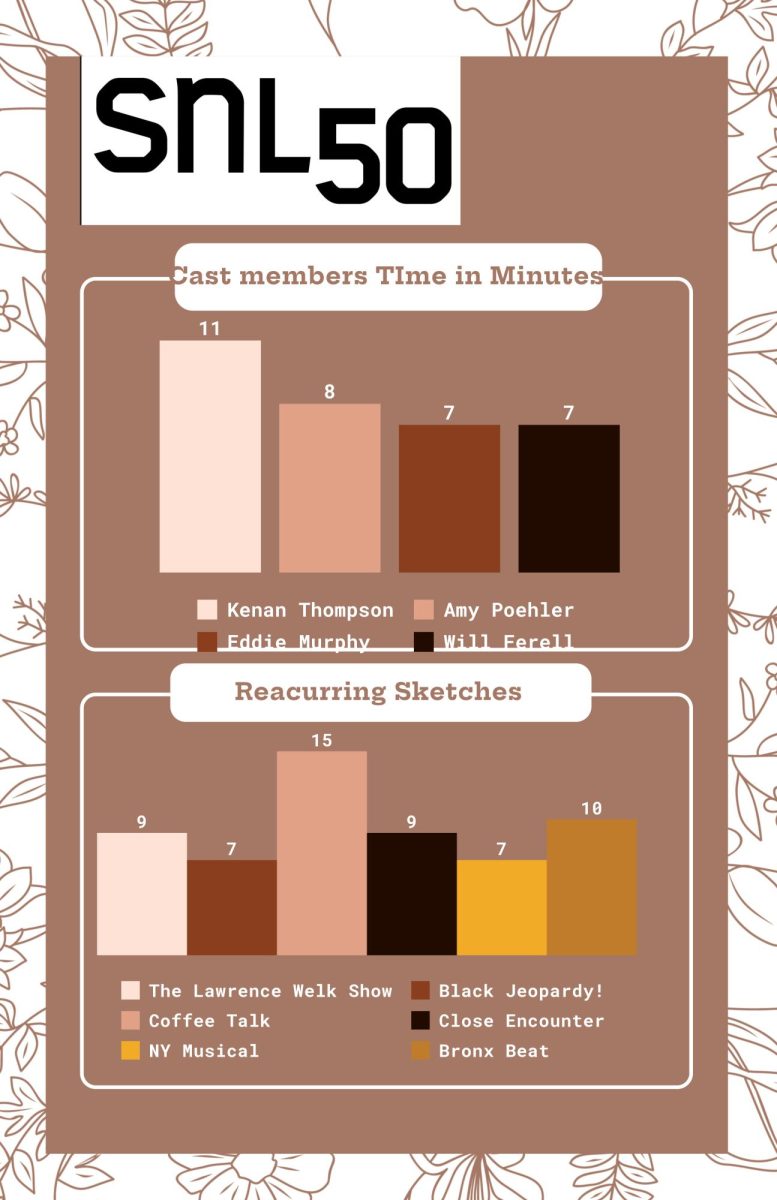According to the U.S. Centers for Disease Control and Prevention, CDC, nearly 73% of high school students from 2009 to 2021 don’t obtain enough sleep, and the consequences go far beyond just feeling tired. Studies from November 2021 show chronic sleep deprivation is linked to increased anxiety, depression, and even a higher risk of suicide among teens.
Yet, despite these alarming statistics, most schools still require students to be in class before sunrise. But what if the solution was as simple as letting students sleep in? Could an hour later start time be the key to improving students’ mental health and overall well-being?
On Oct.30, 2023, Lisa Meltzer, Ph.D., a pediatric sleep psychologist with Nyxeos Consulting and a professor at National Jewish Health in Denver researched that later school times correlate with more sleep, better academic performance, and a myriad mental and physical health benefits. Ages 13 to 18 should sleep 8 to 10 hours per day.
Senior Caitlyn Dawn said, “Typically, each night I’d say I get about six to seven hours a night, and then I end up like a zombie. It makes it much harder to focus and retain memory.”
“I go to bed at 9 o’clock and wake up at either 5 or 6 a.m., so around eight to nine hours of sleep,” sophomore Leighna Turner said. “Between wrestling, band, and choir my sleep schedule gets messed up” Turner added, “some nights, we don’t home until midnight or later, depending on travel time.”
While most students are aware that counselors are available to help with academic and personal challenges, many are unaware the school also offers access to a therapist who can provide additional support for mental health and well-being.
Many students dedicate extra time outside of regular school hours, arriving early for practices-whether for choir, sports, or other commitments. Their dedication and passion shine through, proving that for some, school is more than just classes-it’s about pursuing what they love, even if it means sacrificing sleep.
But after a long conversation about sleepless nights, exhaustion, and the daily grind, students expressed a mix of frustration and hope. Some wished for change, while others simply felt relieved to share their experiences. The question remains: if students know they need more sleep, and research supports later start times, what will it take for schools to finally listen?






